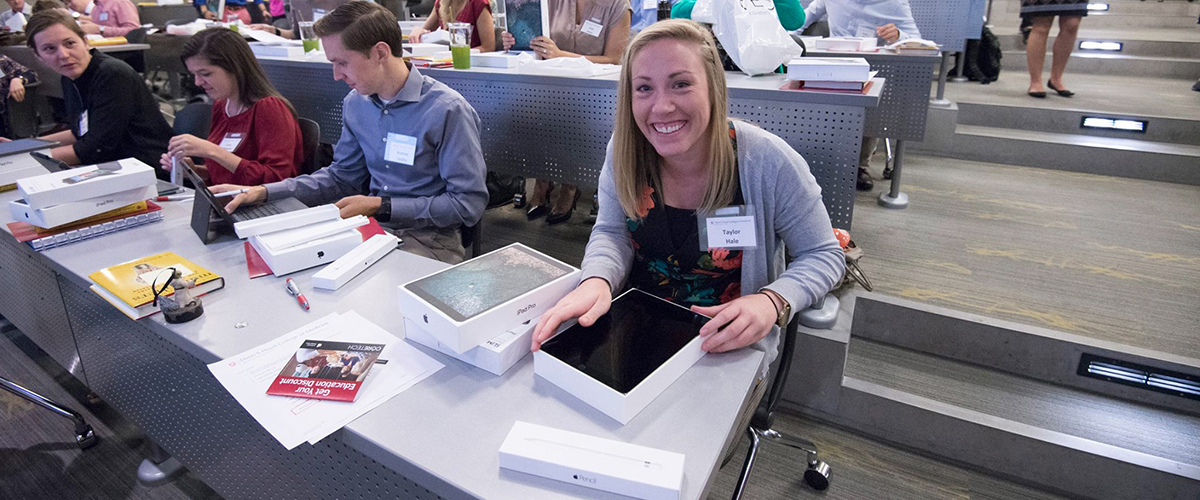
Medical education takes initiative
As the health care environment becomes more digital and mobile, medical students must be ready with innovative technologies and devices that prepare them for medical practice and inspire them to solve the problems that challenge our healthcare environment.
We have launched more than 500 iPads for our medical education program, which prepares students to care for patients throughout Washington state.
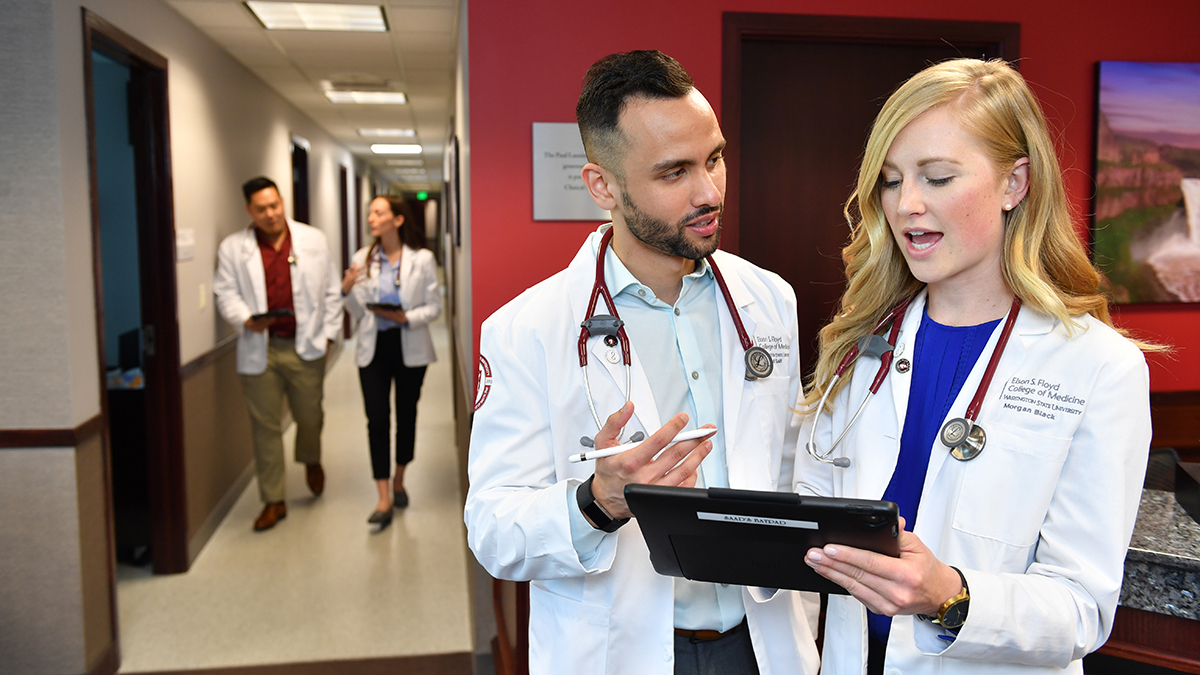
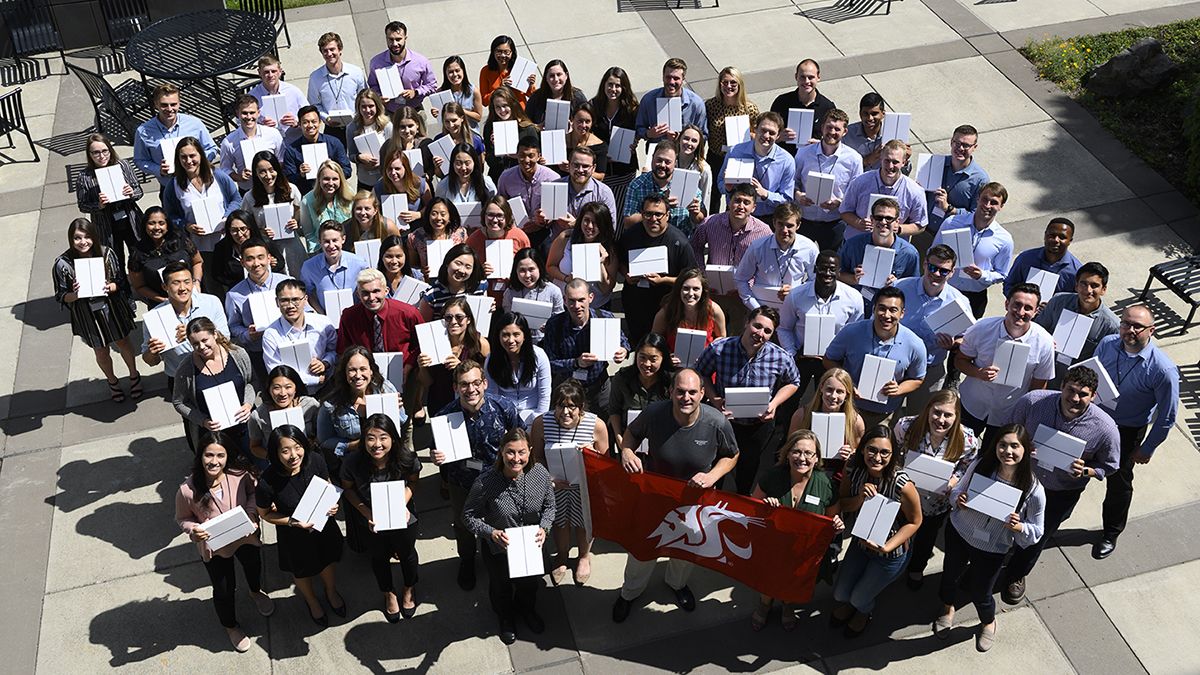

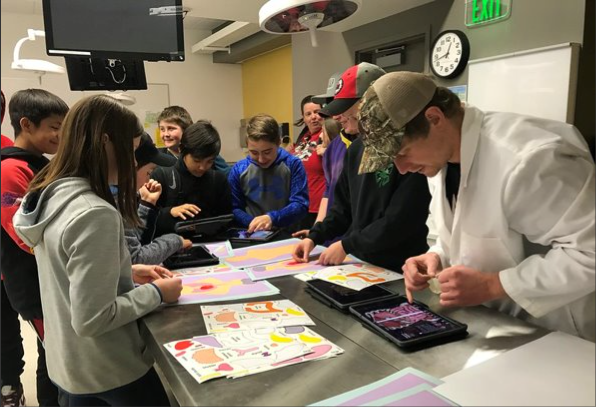

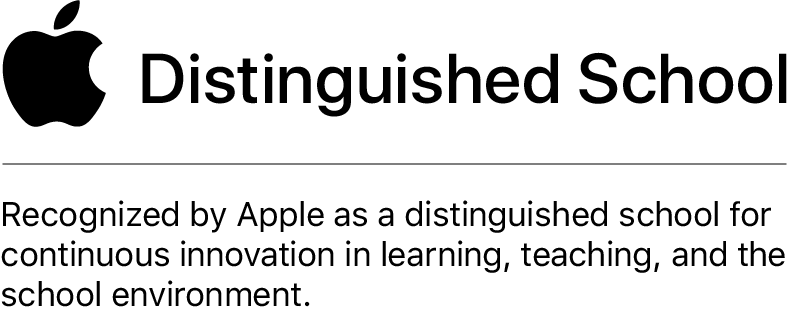
 by the Office of Technology
by the Office of Technology